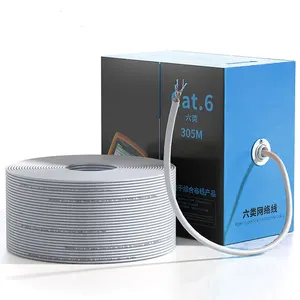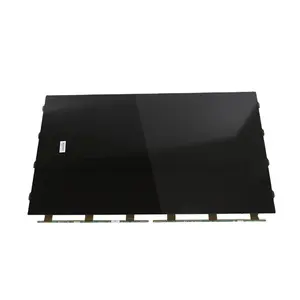Popular in your industry




















































































































































Top categories
About 32bit mcu
Exploring the Versatility of 32bit MCU
The 32bit MCU (Microcontroller Unit) stands as a pivotal component in the realm of embedded systems. These microcontrollers serve as the brains within a multitude of electronic applications, offering a balance between performance and power consumption. The 32-bit architecture provides a significant improvement over its 8-bit and 16-bit counterparts, particularly in tasks requiring complex computations and higher precision.
Types and Configurations
There is a diverse array of 32bit MCU types, each tailored to specific needs. Options range from the basic 32-bit single-core variants to more advanced 32-bit dual-core versions, which offer enhanced processing capabilities. The memory configurations also vary, including 64k x 8 and 128k x 8, catering to different levels of data handling requirements. Packaging types such as tray, BGA (Ball Grid Array), and QFP (Quad Flat Package) are available, providing flexibility in terms of assembly and design considerations.
Applications and Utilization
The application spectrum of 32bit microcontrollers is broad, encompassing areas such as consumer electronics, automotive systems, and industrial automation. Their ability to process data with greater speed and accuracy makes them ideal for complex tasks like GPS navigation, advanced medical equipment, and sophisticated control systems. The adaptability of these MCUs allows designers to implement them in systems that require multitasking capabilities or real-time processing.
Features and Technical Specifications
A 32bit MCU typically boasts features such as integrated peripherals, which may include timers, communication interfaces, and analog-to-digital converters. The architecture of these microcontrollers supports a range of operating voltages and temperatures, ensuring reliability across various environments. Memory technology compatibility, such as DDR2, SDRAM, or DDR3, is also a critical specification, influencing the speed and efficiency of data transfer and storage.
Materials and Construction
The construction of 32bit microcontrollers involves high-grade materials that ensure durability and consistent performance. The semiconductor materials used are selected for their electrical properties, which are crucial in maintaining the integrity of data processing at microscopic levels. The choice of packaging material also plays a role in heat dissipation and protection of the MCU's internal circuitry.
Advantages of 32bit MCU Integration
Incorporating a 32bit MCU into a design brings several advantages. These microcontrollers offer a higher level of instruction set efficiency, which can lead to reduced code size and faster execution times. Their enhanced data bandwidth and processing capabilities make them suitable for applications requiring quick data manipulation and real-time responses. Furthermore, the scalability of 32-bit MCUs allows for future upgrades, ensuring a longer lifecycle for the products they are embedded in.
































































































